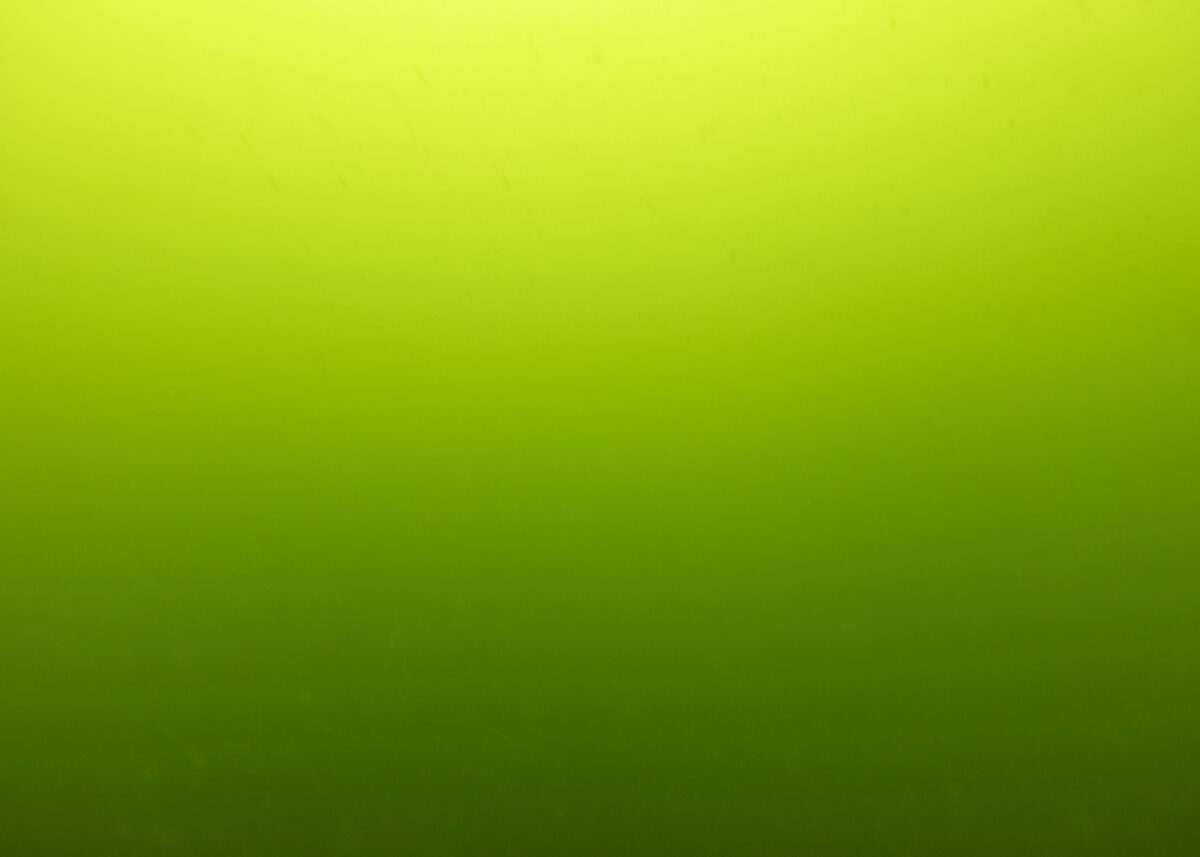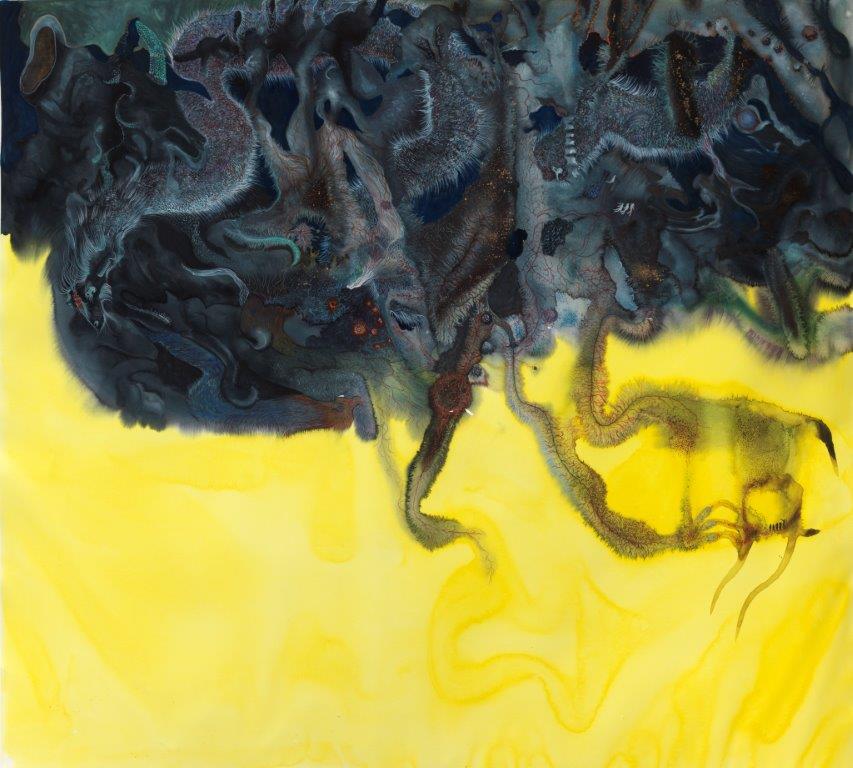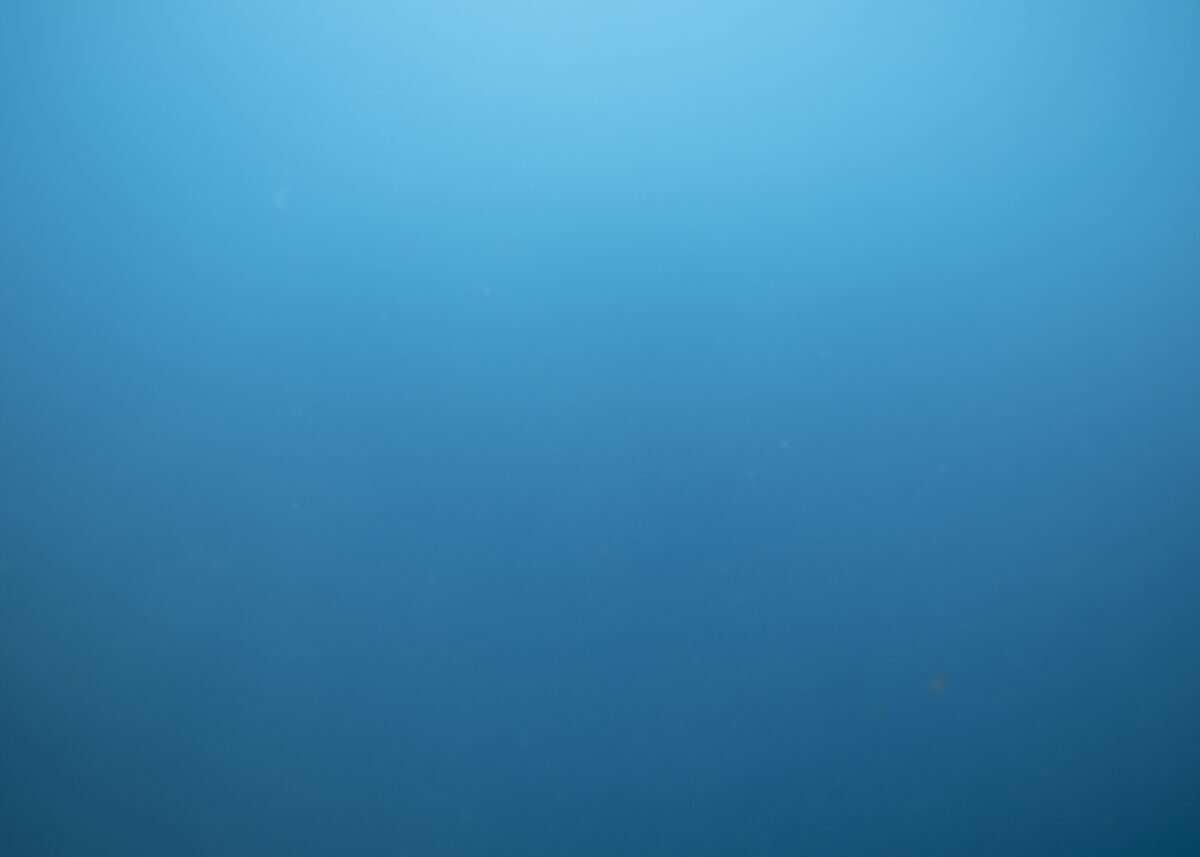
CALL FOR PROJECTS COAL PRIZE 2025: Freshwater
The COAL Prize 2025 dedicated to fresh water is a call to fight against the drying up of our sensitivities…
Published on 30 November 2019
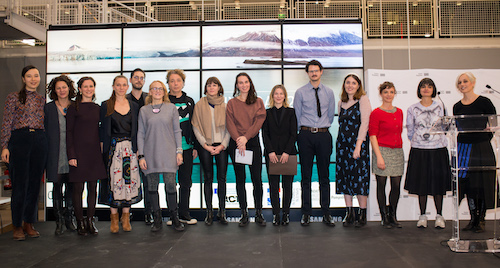 Finalists of the 2019 COAL prize accompanied by COAL, PDD and DISPLACEMENT at the Centre Pompidou, ©Julie Bourges
Finalists of the 2019 COAL prize accompanied by COAL, PDD and DISPLACEMENT at the Centre Pompidou, ©Julie Bourges
A special COAL Award on disaster and climate change related displacement in connection with COP25
Since 2009, it is estimated that every second a person is displaced by a sudden-onset disaster. Droughts, floods, earthquakes and tsunamis have left many victims without shelter, clean water or basic necessities. At the same time, slower changes such as desertification, land degradation and sea level rise are forcing more and more people to leave their homes. In general, environmental causes are now intrinsically linked to all the political, economic and social factors that drive travel.
A World Bank report released in March 2018 indicates that by 2050, 143 million people worldwide could be displaced as a result of these impacts if nothing is done to curb climate change. Nevertheless, significant progress has been made in recent years to fill the gaps in international law on the protection of people who, due to disasters and climate change, are displaced beyond their borders.
Meeting the enormous challenge we face begins with making it visible. This is why COAL, through this special edition, wished to address the artists who, throughout the world, testify, imagine, experiment and work for a world more respectful of ecological balance and climate justice. Through their creations, they can encourage decision-makers to grasp and address the reality of displacement caused by climate change.
Awarded at COP25, in association with the Platform on Disaster Displacement and the cultural program DISPLACEMENT: Uncertain Journeys, the 2019 COAL Prize invites itself to the negotiating table, to help ensure that political decisions translate into progress for a livable and shared earth.
LENA DOBROWOLSKA AND TEO ORMOND-SKEAPING
WINNERS OF THE 2019 COAL PRIZE FOR CLIMATE, DISASTER AND DISPLACEMENT
The artists Lena Dobrowolska and Teo Ormond-Skeaping were awarded the COAL Prize on November 28 for their project You never know, one day you too may become a refugee during a ceremony organized at the Centre Pompidou, in the presence of Serge Lasvignes, President of the Centre Pompidou, the ten nominated artists, the members of the jury, Mariam Traoré Chzalnoel from the International Organization for Migration, as well as the Platform on Disaster Displacements and DISASTER DISplacement: Uncertain Journeys, associated with this special edition CLIMATE,DISASTER AND DISPLACEMENT.
COAL 2019 Climate, Disasters and Displacement Award also celebrated at COP25 in Madrid
A ceremony in honor of the winners was also held at the 25th International Climate Conference (COP25) in Madrid on December 4 at the Pavilion of France, which has held the presidency of the Platform on Disaster Displacement since July. The French Ambassador for the Climate, Brigitte Collet, presented the award to the artists Lena Dobrowolska and Teo Ormond-Skeaping and said in her speech:
” Climate change is unfortunately no longer a distant and theoretical concept but a terrible reality. We believe it is essential that the art world be able to participate in our mobilization and awareness-raising efforts and that artists be able to express their talent and put it to use on themes that are absolutely crucial for the future of our planet. Beyond the negotiations which are often very technical and disembodied, the artists’ works lead us further in our perception and in our reflection and I really want to thank them for that “.
The ceremony in honor of the winners was accompanied by several interventions around the ten projects nominated for the COAL Prize on December 3, 4 and 5 on the French Pavilion.
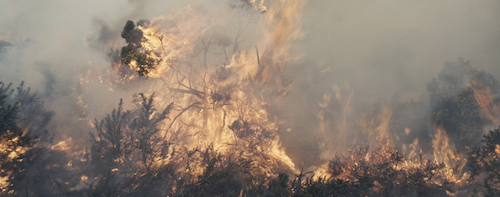
You never know, one day you too may become a refugee
“Who knows, you too could become a refugee,“ a senior Ugandan official said of its migration policy. The country, which is one of the poorest in the world, has taken in more than 1.3 million refugees over the past two years. This is one of many examples of the generosity shown by countries most threatened by climate change, which are now becoming leaders in developing, introducing and negotiating progressive migration policies and constitutional rights related to these issues. This is in stark contrast to the increasingly restrictive immigration practices of wealthier countries. But the tide is turning, and those who felt spared until now may well become refugees in their turn.
In the speculative future imagined by the artists, severe weather and rising sea levels have displaced increasing numbers of people around the world. Well-established migration routes are reversed and many northerners come to seek refuge in the south. Lena Dobrowolska and Teo Ormond-Skeaping create a docu-drama about a white middle-class family forced to move to the African continent after a natural disaster.
This fictional universe is conceived as a tool for awareness and exchange on travel and migration. During major conferences on the climate, in schools and cultural venues, the artists implement a device where the projection is accompanied by meetings, photo exhibitions, fictional documents and workshops for the collective elaboration of scenarios of possible futures. They highlight our shared vulnerability to climate change and remind us how essential generosity and inclusion are to our survival.
Lena Dobrowolska and Teo Ormond-Skeaping (Poland and UK)
Born in 1985 in Lubin, Poland, and in 1987 in Plymouth, England. Live and work in London, England.
The duo founded in 2012 uses documentary and photography to reveal the pervasiveness of power relations, environmental racism and political violence in our globalized society. They collaborate with researchers, NGOs, policy makers and international institutions in areas highly impacted by climate change. Winners in 2016 of the Culture and Climate Change: Future Scenarios residency, their work has been exhibited worldwide as recently at the Noorderlicht International Photography Festival (2019), Ci.CLO Bienal Fotografia do Porto (2019), Kunst Haus Wien (2019), Unseen Amsterdam (2018), Fotofestiwal de Lodz (2018), Photomonth in Krakow (2016), Festival Fotograf in Prague (2014), and Grey House Foundation, Kraków (2016).
The finalists of the 10th edition of the COAL Prize are
Firoz Mahmud (Bangladesh), Soaked Dream Project
FLATFORM (Italy), That which is to come is just a promise
honey & bunny (Dr. Sonja Stummerer and Martin Hablesreiter – Austria), eat | disaster | art
Jad El Khoury (Lebanon), Curtains of Hope
Justin Brice Guariglia (USA), DISPLACEMENT AHEAD: 143 MILLION CLIMATE MIGRANTS AND COUNTING
Lena Dobrowolska and Teo Ormond-Skeaping (Poland & UK), You never know, one day you too may become a refugee
Lucy Hayto (UK), All Things Will Change
Maria Lucia Cruz Correia (Portugal/Belgium), Voice of Nature Kinstitute
Mélanie Pavy (France), CITIZEN OMEGA
Mélanie Trugeon and Claire Malary (France), The desert of Ata
PRESENTATION OF THE NOMINATED ARTISTS’ PROJECTS
Since 2009, it is estimated that every second a person is displaced by a sudden-onset disaster. More than 100 million people worldwide could be displaced if nothing is done to curb the impacts of hazards such as droughts, floods, earthquakes, and tsunamis, but also as a result of slower changes such as desertification, land degradation, and sea level rise.
All of these environmental causes of displacement are intrinsically linked to political, economic and social factors. That is why the COP25which will be held in Chile next December, with the aim of to raise the ambition of the contributions in view of the 2020 deadline, is an opportunity to make the voice of artists heard loud and clear who, throughout the world, testify, imagine, experiment and work for a world more respectful of ecological balance and climate justice. Through their creations, they can encourage decision-makers to grasp and address the reality of climate change-related displacement.
Witnesses of our time, artists have first of all the capacity to make visible the now palpable but diffuse effects of climate change on populations, a visibility necessary to any awareness and committed action. FLATFORM, a duo of Italian artists composed of Roberto Taroni and Annamaria Martena, has thus seized the highly symbolic case of the Tuvalu Islands to conceive
That which is to come is just a promise
They have created an immersive video installation that evolves according to the rise and fall of the water level. The project
DISPLACEMENT AHEAD: 143 MILLION CLIMATE REFUGEES AND COUNTING
by American artist Justin Brice Guariglia reinvests highway billboards with messages warning of the displacement crisis associated with climate change. A general disruption that causes the destruction of the environment as the erosion of the coasts whose sadly spectacular effects are observed, everywhere in the world. And even in Great Britain, as revealed by these small devastated seaside communities, photographed by the English artist Lucy Hayto with
All Things Will Change
. How to survive in a hostile environment? Far from photographic realism, the French artist duo, Mélanie Trugeon and Claire Malary, choose the dreamlike path of drawing through
The desert of Ata
The Desert of Ata, a graphic novel that evokes the survival of an ornithologist in the desert.
To give to see but also to act, it is also the strength of the artists who, by giving tools at the local scale, allow to engage a mobilization at the international scale. With
Voice of nature Kinstitute
Maria Lucia Cruz Correia develops a new legal and artistic institute as an alternative to the current environmental justice system. Questioning and challenging norms is the project of the honey & bunny
eat | disaster | art
of the honey & bunny collective, composed of Dr. Sonja Stummerer and Martin Hablesreiter, who invite politicians, scientists, activists, citizens and displaced persons to a disastrous, public dinner at the heart of major international summits, in order to re-interrogate the most entrenched rules of everyday life. The artists Lena Dobrowolska and Teo Ormond-Skeaping turn the usual vision of refugees on its head by telling the story of the refugees through a documentary fiction You never know, one day you too may become a refugeethe story of a white middle-class family from the North forced to flee the consequences of climate change and generously welcomed in the South.
It is by their narrative power, because they imagine other possible futures that the works manage to mobilize the consciences as much as the acts. To materialize these new narratives that the displaced need to rebuild after the disaster, the Bangladeshi artist Firoz Mahmud creates, with
Soaked Dream Project
Firoz Mahmud creates green glasses from objects belonging to these families, as if to change their view and encourage them to integrate their dreams into their reality. In order to reinvest the ruins with new imaginaries, Jad El Khoury, with
Curtains of Hope
he chooses to bring life and movement back to cities abandoned after disasters by decorating the buildings with colorful curtains, thus giving them a joyful resonance. Other futures are also possible, says the French artist Mélanie Pavy who tries to recompose in her film
CITIZEN OMEGA
the story of a family of displaced Japanese, settled in a new Japanese city built in southern India…
DOWNLOAD THE COAL PRIZE CATALOG 2019
A special COAL Award on disaster and climate change related displacement in connection with COP25
Since 2009, it is estimated that every second a person is displaced by a sudden-onset disaster. Droughts, floods, earthquakes and tsunamis have left many victims without shelter, clean water or basic necessities. At the same time, slower changes such as desertification, land degradation and sea level rise are forcing more and more people to leave their homes. In general, environmental causes are now intrinsically linked to all the political, economic and social factors that drive travel.
A World Bank report released in March 2018 indicates that by 2050, 143 million people worldwide could be displaced as a result of these impacts if nothing is done to curb climate change. Nevertheless, significant progress has been made in recent years to fill the gaps in international law on the protection of people who, due to disasters and climate change, are displaced beyond their borders.
Meeting the enormous challenge we face begins with making it visible. This is why COAL, through this special edition, wished to address the artists who, throughout the world, testify, imagine, experiment and work for a world more respectful of ecological balance and climate justice. Through their creations, they can encourage decision-makers to grasp and address the reality of displacement caused by climate change.
Awarded at COP25, in association with the Platform on Disaster Displacement and the cultural program DISPLACEMENT: Uncertain Journeys, the 2019 COAL Prize invites itself to the negotiating table, to help ensure that political decisions translate into progress for a livable and shared earth.
JURY 2019
Paul Ardenne, Historian and art critic
Claude d’Anthenaise, General Curator of Heritage, Director of the Musée de la Chasse et de la Nature
Monique Barbaroux, Senior official for sustainable development at the Ministry of Culture
Hannah Entwisle Chapuisat, Curator of DÉPLACEMENTS: Voyages incertains and Director of La Fruitière
Claire Hoffman, Responsible for the visual arts program of the Swiss Cultural Center
Walter Kaelin, Envoy of the Platform Chair on Disaster-Related Displacement
Richard Le Quellec, Artist and head of Embassy of Foreign Artists
Lucy Orta, ArtistFrançois Rivasseau, Ambassador, Permanent Representative of France to the United Nations Office in Geneva and to the international organizations in Switzerland
Elodie Royer, Curator at KADIST Art Foundation
Partners of the COAL Prize 2019
Placed under the high patronage of the Ministry of Ecological and Solidarity Transition, the 2019 COAL Prize, Mounted in partnership with the Platform on Disaster Displacement and the cultural program DISPLACEMENT: Uncertain Journeys, is supported by the European Union and the ACT network, the Ministry of Culture, the Museum of Hunting and Nature and the François Sommer Foundation and a partnership with the Centre Pompidou.
Within the framework of this special edition, the winner receives an endowment of 10,000 euros from the François Sommer Foundation. It will also benefit from international visibility in connection with DISPLACEMENT: Uncertainty in Travel in partnership with the Disaster Travel Platform.
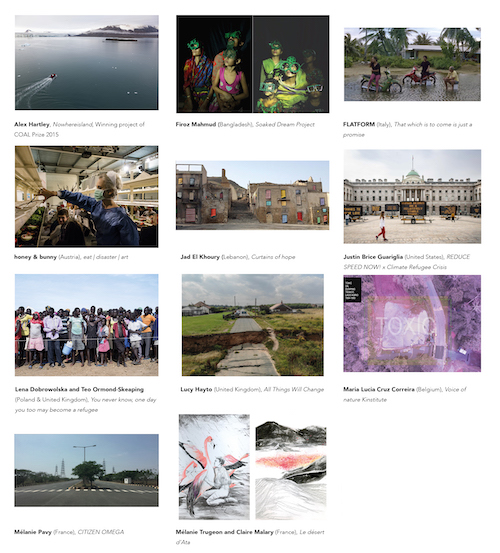

The COAL Prize 2025 dedicated to fresh water is a call to fight against the drying up of our sensitivities…
Created in 2019, the COAL Student Prize aims to support, through a residency in partnership with France’s Nature Reserves, students…
At a time when knowledge alone is no longer enough to motivate action, the Prix COAL 2024 calls for transformation…
